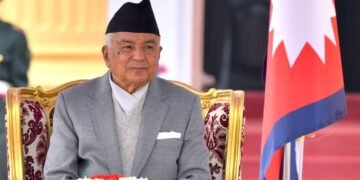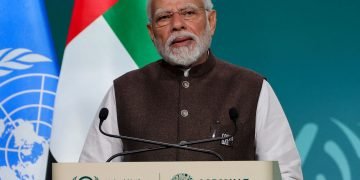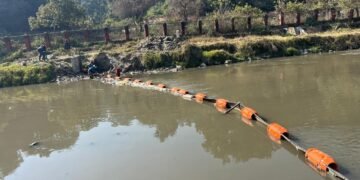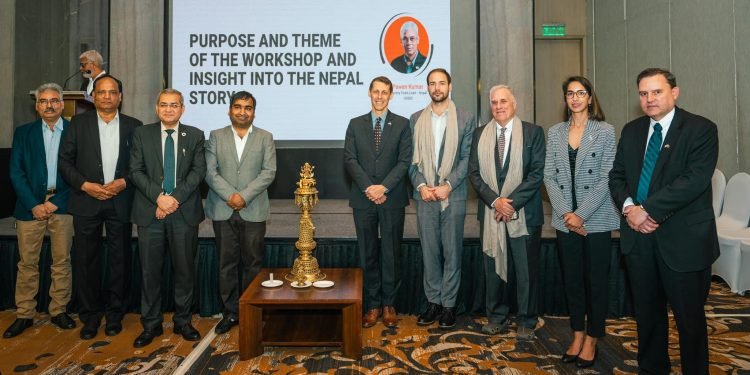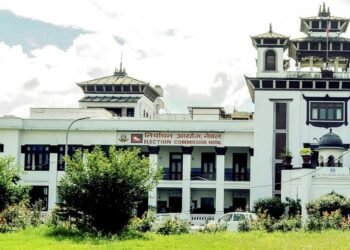Kathmandu, March 24: The U.S. Soybean Export Council (USSEC) has hosted the food-focused “Workshop on Manufacturing of Soy Food Products Using U.S. Identity Preserved Soybeans” to showcase how these soy products are great ways to address food security, health, and nutrition concerns, said the U.S. Embassy.
Making opening remarks at the event, Deputy Chief of Mission Jason Meeks shed light on the importance of the workshop educating Nepal soy food producers about the benefits of using U.S. soybeans for soy products like tofu and milk.
DYK U.S. soybeans and soy products are the top U.S. agricultural exports to Nepal. Soybeans have a high protein content and are one of the world’s most nutritious oilseeds.
The United States remains the dominant worldwide strength in soybean exports. The US exported $34.48 billion worth of soybeans in 2023 with a percentage of 36.7% in global exports, including Nepal. The United States is the second biggest exporter of soybeans, while Brazil is the biggest exporter of soybeans with a value of $46.66 billion in 2023, totaling 46.7% of world exports abroad and continually leads in soybean manufacturing and subsequent exports.
The partnership between USSEC and Nepal soy food producers is a perfect example of promoting cultural food exchanges and the growing trade relationship between U.S. suppliers and Nepalese importers and manufacturers, said the Embassy.
The U.S. Soybean Export Council (USSEC) focuses on differentiating, elevating preference, and attaining market access for the use of U.S. Soy for human consumption, aquaculture, and livestock feed in over 80 countries internationally. USSEC members represent the soy supply chain including U.S. Soy farmers, processors, commodity shippers, merchandisers, allied agribusinesses, and agricultural organisations. USSEC is funded by the U.S. soybean checkoff, USDA Foreign Agricultural Service (FAS) matching funds, and industry.




